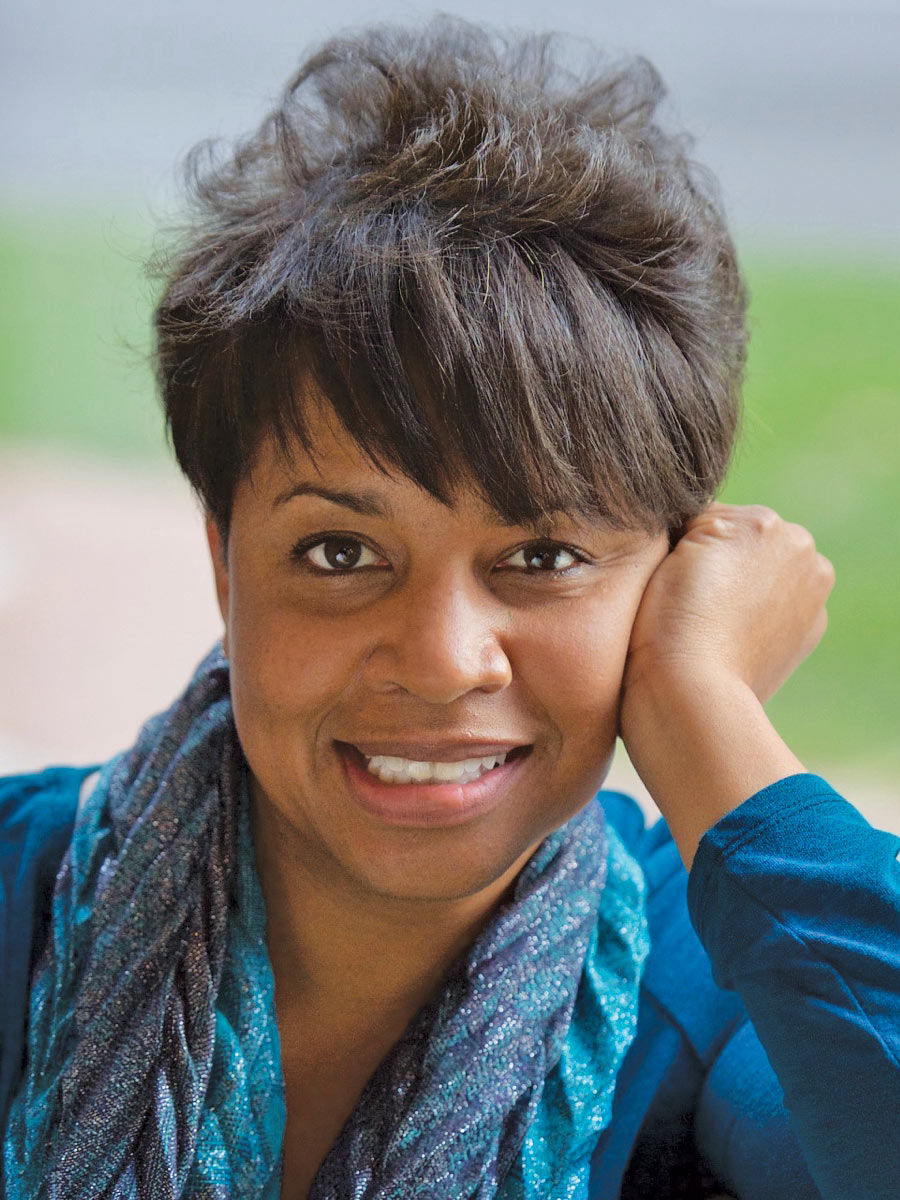Three Time-Worn Relational Dynamics That Need to Change
xoneration of Kyle Rittenhouse for the August 2020 killings of John Rosenblum and Anthony Huber, and serious wounding of Gaige Grosskreutz, repulsed our sense of justice. Their tragic conflict occurred in the midst of a Kenosha, Wisconsin protest challenging the police shooting of an unarmed black man. Yet, the deadly meeting of these four evaded neat examination in the social justice reckoning around policing, criminal justice, privilege, and power. Convictions and sentencing, on the other hand, of father and son defendants Gregory and Travis McMichaels, and their neighbor William Bryan, for tracking, cornering, and murdering Ahmaud Arbery in Brunswick, Georgia, and filming it all, gave us hope.
Both outcomes obviously failed in their ability to return precious sons and loved ones to their friends and family. Moreover, whether the “rule” imparted regarding self-defense is clear, or whether any instructive deterrent resulted from these verdicts, remains to be seen. We’re left with a critical opportunity for conversation regarding the values that underpin the relational dynamics of privilege.
Self-appointment, with its serious implications and the high probability of injustice, has been encouraged historically. From Fugitive Slave Laws to the meddling of a modern “Karen,” there’s an incentive and payoff for intervening in the freedom of black people. Vigilante power—extrajudicial self-appointment—was exercised by the Klan. By another name—neighborhood watch—George Zimmerman did the same when he shot Trayvon Martin and claimed self-defense.
Decrying the Rittenhouse outcome, NAACP President Derrick Johnson said, this is a “warning shot that vigilante justice is allowed.” Margaret Huang, CEO of the Southern Poverty Law Center noted, “[t]hat a white male youth can travel across state lines, armed by an assault rifle, and engage in armed confrontation resulting in multiple deaths without facing criminal accountability. [This] is the all too familiar outcome in a country where systemic racism continues to rot the system.”


The self-appointment, in itself—before any gun was drawn or shots fired—is offensive. It threatens the idea of life, liberty, and the pursuit of happiness because it hands a fellow citizen the authority and privilege to police individuals and circumstances at all times, in all places. And, as Bible believers, the scenario that leads one to act as executioner, no questions asked, puts one at risk of the same disregard for life, here and in eternity (Matthew 7:1).
Many jurisdictions have now changed their laws regarding how one asserts self-defense, and we should each take time to review the laws in our jurisdictions about how it works. We should educate ourselves and our children regarding whether there is a duty to retreat or if the laws permit one to to use force offensively, when you sense threat.
When it comes to values in justice, this idea of time has always had broader implications in the black community. That’s why it is so unnerving to hear the castigation of black people for everything—from the condition of the streets in our neighborhoods, to the condition of our homes, poverty rates, family structures, educational attainment, and crime statistics. Zoom out, and one may take in the backstory, the set-up, that includes preceding decisions by more powerful groups, failed government policies, and discriminatory systems that detrimentally impaired the current condition. Problem is, justice most often fails when conflict is reduced to a single pinpoint in time. Anyone knows the freeze-frame is suspect.
I’m so glad God, the Righteous Judge, sees all.
Strangely, it is not surprising to us, then, when a bullet cuts down a looter in order to save a box of diapers or baby formula. The property is worth saving, while the person is not. And, we’ve come to accept summary execution for something that wouldn’t come close to being punishable by death were process allowed to run its course. This unhealthy prioritization is ingrained into our legal system and culture.
This is exactly the pathology appealed to in Brunswick, Georgia. Laura Hogue, one of the attorneys for Gregory McMichael, “We work hard for our stuff,” she said. “It’s ours and no one has the right to take it, and we should never have to fear intruders.” (The New York Times, Nov. 22, 2021)
The fact that one can use a deadly weapon to protect property, means by policy, you value property more than life. Quit teaching that. Radical then and now, Jesus taught if someone were to sue you for the shirt off your back, give them your coat, too, (Matthew 5:41).